Home>Garden Essentials>Where To Store Bird Seed
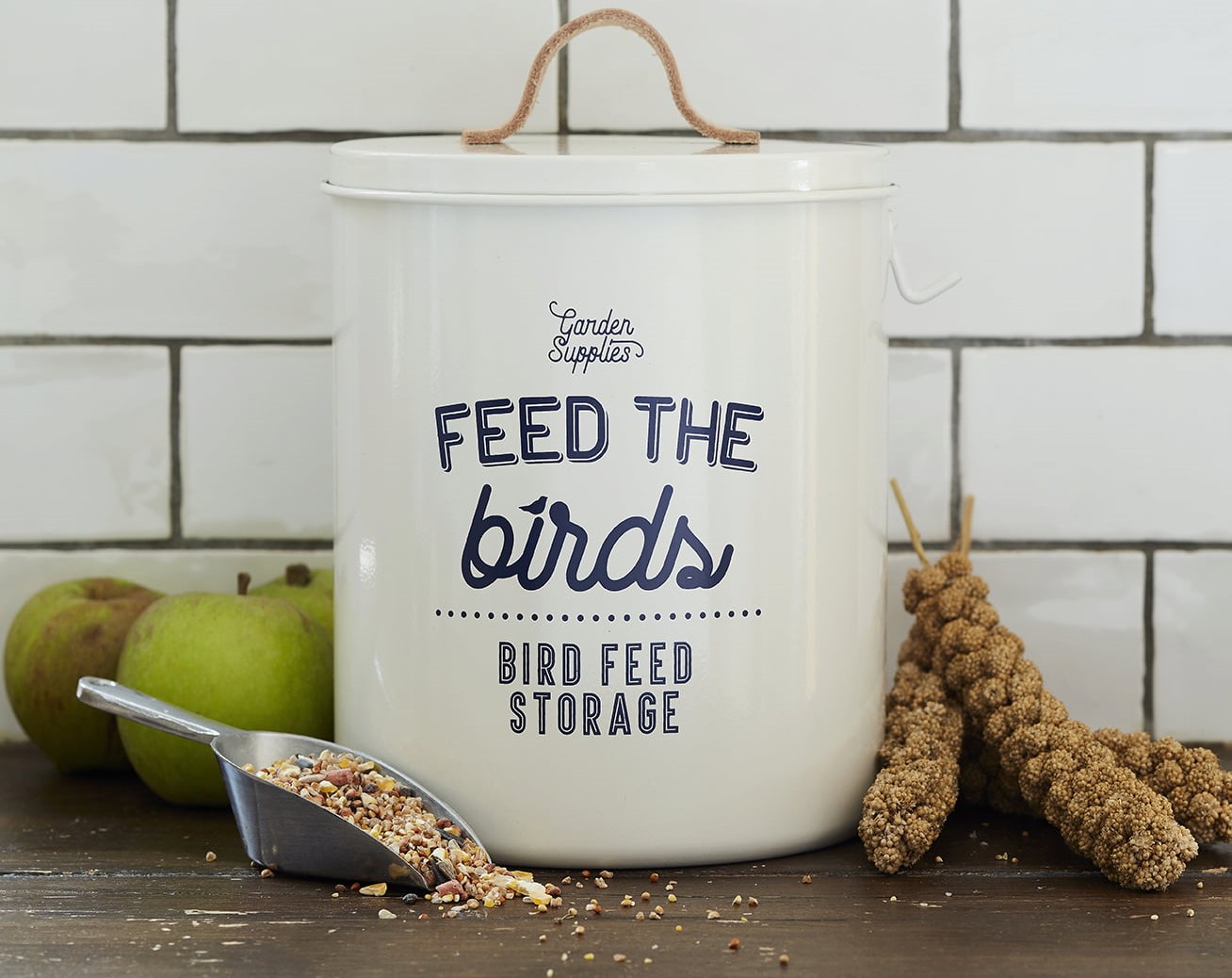

Garden Essentials
Where To Store Bird Seed
Modified: March 21, 2024
Discover the best places to store bird seed in your garden. Keep it fresh and protected from pests with these smart storage solutions.
(Many of the links in this article redirect to a specific reviewed product. Your purchase of these products through affiliate links helps to generate commission for Storables.com, at no extra cost. Learn more)
Introduction
As a bird enthusiast, there’s nothing quite as satisfying as attracting feathered friends to your garden or balcony with a well-stocked bird feeder. However, ensuring the long-lasting freshness and quality of bird seed is crucial in order to provide the best nutrition for our avian visitors. One way to achieve this is by storing bird seed properly.
Storing bird seed correctly not only helps preserve its nutritional value but also prevents it from spoiling or attracting unwanted pests. In this article, we’ll explore the factors to consider when storing bird seed and provide you with a variety of indoor and outdoor storage options to help you maintain the freshness of your bird seed supply.
Key Takeaways:
- Properly storing bird seed is crucial for maintaining its freshness and appeal to birds. Factors like humidity, temperature, and pest control should be considered for indoor and outdoor storage options.
- Use airtight containers, keep storage areas cool and dry, and regularly clean containers to ensure the longevity and quality of bird seed. Following best practices helps provide birds with a consistent and appealing food source.
Read more: What Is In Bird Seed
Factors to Consider for Storing Bird Seed
When it comes to storing bird seed, there are several important factors to consider to ensure its longevity and quality:
- Humidity: Moisture is the enemy of bird seed. High humidity can cause the seed to become moldy or clump together, rendering it unappetizing to birds. It’s important to choose a storage location with low humidity levels to keep your bird seed dry.
- Temperature: Extreme temperature fluctuations can also impact the quality of bird seed. It’s best to store bird seed in a cool, dry place to prevent it from spoiling, especially during hot summer months.
- Pest Control: Birds are not the only creatures attracted to bird seed. Pests such as rodents, insects, and even squirrels are notorious for raiding bird feeders. To prevent unwanted visitors, it’s important to store your bird seed in containers that are secure and pest-resistant.
- Airtight Containers: It’s crucial to store bird seed in airtight containers to maintain its freshness and prevent exposure to moisture and pests. This will help extend the shelf life of your bird seed and ensure its nutritional value for the birds.
- Container Size: Consider the amount of bird seed you typically use. Choose containers that can comfortably hold the quantity of seed you purchase to avoid overflow and waste. It’s also important to consider the size of the storage location when selecting containers.
By taking these factors into account, you can ensure that your bird seed remains fresh and appealing to our feathered friends throughout the seasons.
Indoor Storage Options
When it comes to storing bird seed indoors, there are several options to choose from. Consider the space available in your home and select the option that suits your needs:
- Pantry or Kitchen Cabinet: If you have extra space in your pantry or kitchen cabinet, it can be an ideal location to store bird seed. Ensure that the container is airtight and placed away from any sources of heat or moisture.
- Garage or Basement: If you have a garage or basement, you can allocate a specific area for storing bird seed. Keep the seed in metal or plastic containers with tight-fitting lids to protect it from pests and extreme temperature fluctuations.
- Utility Room or Laundry Room: If you have a utility room or laundry room, consider using a storage shelf or a sturdy bin to keep bird seed. Make sure the container is well-sealed to prevent any moisture or pests from getting in.
- Mudroom or Entryway: If you have a mudroom or entryway that is away from direct sunlight and moisture, you can use it to store your bird seed. Use airtight, rodent-proof containers to safeguard the seed from pests.
When choosing an indoor storage option, it’s important to consider convenience and accessibility. Ensure that the location is easily accessible for refilling feeders and regularly checking the quality of the seed.
Remember, regardless of the indoor storage option you choose, always label your containers with the date of purchase. This will help you keep track of the freshness of the bird seed and avoid using expired seed.
Pantry or Kitchen Cabinet
One of the most convenient and easily accessible options for storing bird seed indoors is utilizing your pantry or kitchen cabinet. If you have extra space in these areas, they can provide an ideal storage location for your bird seed.
When storing bird seed in a pantry or kitchen cabinet, it’s important to ensure that you have airtight containers to maintain the freshness and protect the seed from moisture and pests. Look for food-grade containers with tight-fitting lids, such as plastic or glass jars or bins with rubber gaskets.
Here are a few tips to maximize the effectiveness of storing bird seed in your pantry or kitchen cabinet:
- Container Placement: Choose a spot in your pantry or cabinet that is cool, dry, and away from sources of heat and humidity. This will help preserve the nutritional value and prevent the seed from spoiling.
- Labeling: Clearly label your containers with the type of bird seed and the date of purchase. This will help you keep track of the freshness and rotation of the seed.
- Organize and Rotate: Arrange your containers in an organized manner, ensuring that older seed is used before newer seed. This rotation will prevent the accumulation of old seed and ensure that birds are receiving fresh and nutritious offerings.
- Regular Inspection: Periodically check your stored bird seed for any signs of moisture, mold, or pests. If you notice any issues, dispose of the affected seed and clean the containers before refilling.
Storing bird seed in your pantry or kitchen cabinet not only provides convenient access for refilling your bird feeders but also helps keep the seed fresh and free from pests. Just remember to prioritize the freshness and quality of the bird seed to ensure the health and attraction of your feathered visitors.
Garage or Basement
If you have a garage or basement, these areas can serve as excellent storage options for your bird seed. With ample space available, you can dedicate a specific corner or area to keep your bird seed supply safe and accessible.
When storing bird seed in a garage or basement, it’s important to consider a few factors to ensure the seed remains fresh and unaffected by external conditions:
- Container Choice: Opt for durable containers made of metal or heavy-duty plastic that are resistant to pests and can withstand the temperature fluctuations typically found in garages or basements.
- Secure Lids: Choose containers with secure, tight-fitting lids to prevent pests from accessing the seed. This helps protect the seed from rodents, insects, and other unwanted visitors.
- Elevated Position: Place the containers on shelves or raised platforms to keep them off the floor. This helps prevent moisture absorption and keeps the seed safe from potential leaks or floods.
- Temperature Control: Try to maintain a relatively stable temperature in the storage area. Extreme heat or cold can degrade the quality of the bird seed, so it’s best to choose a location within the garage or basement that is not susceptible to drastic temperature changes.
- Regular Inspection: Periodically inspect the containers for any signs of damage, moisture, or pests. Be proactive in addressing any issues to prevent further deterioration of the seed.
By utilizing your garage or basement for bird seed storage, you can free up space in your living areas while keeping your supply safe and easily accessible. Just remember to employ proper storage techniques and prioritize the freshness and quality of the seed to attract and nourish a variety of beautiful birds.
Read more: Where To Store Seeds
Utility Room or Laundry Room
If you have a utility room or laundry room in your home, it can be a convenient space to store bird seed. These areas often provide enough space and are typically located away from direct sunlight and excessive moisture, making them suitable for storing bird seed.
When utilizing a utility room or laundry room for bird seed storage, here are some tips to keep in mind:
- Storage Containers: Choose durable, airtight containers that can protect the bird seed from humidity, pests, and other contaminants. Consider using metal or sturdy plastic bins with locking lids to ensure maximum freshness and security.
- Placement: Select a spot in the utility room or laundry room that is cool, dry, and away from potential sources of moisture, such as water heaters or leaky pipes. This will help prevent the bird seed from absorbing moisture and becoming moldy.
- Accessibility: Ensure that the containers are easily accessible for refilling bird feeders. Consider organizing the containers on shelves or in a designated area to keep the space neat and tidy.
- Cleanliness: Regularly clean the storage area to prevent the accumulation of dust or debris that may find its way into the bird seed containers. Keep the surrounding area free from spills or potential pest attractants.
Utilizing a utility room or laundry room for bird seed storage offers the advantage of convenience and easy access. It provides a controlled environment for preserving the freshness and quality of your bird seed, ensuring that your feathered visitors receive nutritious and enticing offerings.
Remember to monitor the condition of the bird seed periodically, examining for signs of moisture, mold, or pests. Discard any compromised seed promptly and clean the containers before refilling them to maintain optimal storage conditions.
Mudroom or Entryway
If you have a mudroom or entryway in your home, it can serve as a convenient and accessible storage location for your bird seed. These areas are often away from direct sunlight and excessive moisture, making them suitable for keeping bird seed fresh and readily available.
When using a mudroom or entryway for bird seed storage, consider the following tips:
- Container Selection: Choose airtight containers made of durable materials, such as plastic or metal, that can protect the bird seed from moisture and pests. Ensure that the containers have secure lids to keep the seed safe and fresh.
- Location: Select a spot in the mudroom or entryway that is cool, dry, and away from any potential heat sources or areas prone to water leaks. This will help maintain the quality of the bird seed and prevent it from spoiling.
- Accessibility: Place the containers in a designated area that is easily accessible for refilling bird feeders. Keeping them within reach will make the process more convenient and encourage regular maintenance of the feeding stations.
- Pest Prevention: Take measures to prevent pests, such as rodents or insects, from accessing the bird seed. Consider using containers with tight-fitting lids and employing deterrents like mothballs or herbal sachets to ward off potential pests.
Storing bird seed in a mudroom or entryway allows for quick and easy access when it is time to replenish the feeders. It also keeps the seed protected from environmental factors that could compromise its freshness.
Remember to periodically check the stored bird seed for any signs of moisture or pests. If any issues are detected, discard the compromised seed and clean the containers before refilling them. This will help maintain the high quality of the bird seed, ensuring that your feathered visitors are well-fed and satisfied.
Store bird seed in a cool, dry place to prevent mold and insect infestations. Airtight containers or resealable bags can help maintain freshness.
Outdoor Storage Options
When it comes to outdoor storage options for bird seed, it’s essential to choose containers or structures that can withstand various weather conditions and protect the seed from pests. Here are several options to consider:
- Shed or Storage Bin: If you have a shed or storage bin in your yard, it can serve as an excellent outdoor storage option for bird seed. Look for a container that is durable, waterproof, and pest-resistant. Make sure it has a tightly sealed lid to keep the seed fresh and safe from rodents or insects.
- Bird Feeder Station: Some bird feeder stations come with built-in storage compartments specifically designed to hold bird seed. These stations often have features such as elevated platforms or hoppers that allow easy access for filling feeders. Choose a station that is sturdy and provides protection from rain and other environmental elements.
- Hanging Containers: Hanging containers, such as mesh bags or fabric pouches, can be a practical outdoor storage option for smaller quantities of bird seed. Hang them in a covered area, like a gazebo or under a roof overhang, to protect them from rain while ensuring easy accessibility when refilling feeders.
- Squirrel-Proof Containers: If you have persistent squirrel visitors, consider investing in squirrel-proof containers designed to keep them out. These containers often have mechanisms or barriers that prevent access to the seed, ensuring it remains exclusively for the birds.
When selecting an outdoor storage option, keep in mind that exposure to the elements can impact the shelf life of bird seed. Regularly inspect the containers for any signs of damage, moisture, or pests. Clean the containers and remove any spoiled seed promptly to maintain optimal storage conditions.
By choosing suitable outdoor storage options, you can ensure that your bird seed remains fresh and readily available for your feathered friends, even when stored outside.
Shed or Storage Bin
A shed or storage bin is an excellent outdoor storage option for bird seed. These structures provide a dedicated space to keep your bird seed safe and protected from the elements and pests. Here’s how you can make the most of this storage option:
Container Selection: Look for a shed or storage bin that is durable, waterproof, and pest-resistant. Choose one with a tightly sealed lid to prevent moisture from seeping in and pests from accessing the seed.
Location: Place the shed or storage bin in a spot that is easily accessible, yet away from direct sunlight, excessive moisture, and areas prone to flooding. This will help maintain the quality and freshness of the bird seed.
Organization: Designate a specific area within the shed or storage bin for bird seed storage. Use shelves, hooks, or bins to keep the seed organized and easily accessible when refilling bird feeders.
Quantity: Determine the amount of bird seed you typically use and choose a shed or storage bin that can accommodate that quantity. It’s best to have enough room to store an adequate supply without overcrowding or compromising airflow.
Pest Prevention: Take measures to prevent pests, such as rodents or insects, from accessing the bird seed. Ensure that the shed or storage bin has no gaps or openings that pests can enter through. Consider placing mothballs or herbal sachets inside the container as a deterrent.
Maintenance: Regularly clean and inspect the shed or storage bin to ensure it remains in good condition. Remove any spilled or spoiled seed promptly and sanitize the containers to prevent the growth of mold or attracted pests.
By utilizing a shed or storage bin for bird seed storage, you can keep your supply conveniently located outside while protecting it from the elements and pests. This ensures that you always have fresh, high-quality seed available to attract and nourish a variety of beautiful birds.
Read more: What Can You Feed Birds Besides Bird Seed
Bird Feeder Station
A bird feeder station is not only a way to attract birds to your garden but can also serve as a convenient storage option for bird seed. Many bird feeder stations come with integrated storage compartments designed specifically to hold bird seed. Here’s how you can make the most of this storage option:
Selection: Choose a bird feeder station that offers ample storage space for your bird seed, considering the quantity you typically use. Look for feeder stations with built-in hoppers or platforms that make it easy to refill the feeders without disturbing the birds.
Durability: Opt for a sturdy and weather-resistant bird feeder station that can withstand different weather conditions. Ensure that the storage compartment is tightly sealed to protect the bird seed from moisture and pests.
Accessibility: Position the bird feeder station in a convenient location where it is easily accessible for refilling the feeders. Make sure that the storage compartment is easily reachable and can be opened and closed without hassle.
Protection: Consider a bird feeder station that provides some protection from rain or direct sunlight. Look for designs that include a roof or cover to shield the seed from the elements while still ensuring easy access for the birds.
Organization: Use the storage compartments of the bird feeder station to keep different types of bird seed separate and easily identifiable. This will allow you to cater to the preferences of different bird species and make refilling the feeders more convenient.
Maintenance: Regularly clean the bird feeder station and check the storage compartments for any signs of moisture, mold, or pests. Remove any spoiled seed and sanitize the compartments before refilling them to ensure the freshness and quality of the bird seed.
By utilizing a bird feeder station with built-in storage compartments, you can have the convenience of storing your bird seed in close proximity to the feeders. This not only simplifies the process of refilling the feeders but also helps ensure that the bird seed remains fresh and inviting for your feathered friends.
Hanging Containers
Hanging containers are a practical and space-saving outdoor storage option for bird seed. They are especially useful when you have limited ground space or want to store smaller quantities of bird seed. Here’s how you can utilize hanging containers for bird seed storage:
Container Selection: Choose containers specifically designed for hanging, such as mesh bags, fabric pouches, or plastic containers with built-in hooks or handles. Opt for durable materials that can withstand outdoor conditions and protect the seed from moisture and pests.
Location: Select a covered area for hanging the containers, such as a gazebo, pergola, or under a roof overhang. This will protect the bird seed from direct sunlight and rain, keeping it dry and fresh.
Hanging Method: Use sturdy hooks, ropes, or chains to hang the containers securely. Ensure that the containers are at a suitable height for easy access when refilling bird feeders but not too low to be within reach of rodents or other pests.
Organization: If you have multiple hanging containers, consider labeling them to identify the different types of bird seed inside. This makes it easier to select the appropriate seed for specific bird feeders or bird species.
Quantity: Hanging containers are ideal for storing smaller quantities of bird seed. Avoid overfilling the containers, as it may lead to spillage or wasted seed. Assess your bird feeding needs and adjust the quantity of seed stored accordingly.
Inspection: Regularly check the hanging containers for any signs of moisture, mold, or pests. Clean the containers and remove any spoiled seed promptly to maintain optimal storage conditions.
Hanging containers provide a convenient and aesthetically pleasing solution for bird seed storage. They not only save space but also keep the seed easily accessible and protected from the elements. By using hanging containers, you can maintain a well-organized and inviting feeding station for your feathered visitors.
Squirrel-Proof Containers
If you have pesky squirrels in your area that frequently raid your bird feeders, using squirrel-proof containers for bird seed storage can help safeguard your supply. These containers are designed with mechanisms or barriers to deter squirrels from accessing the seed. Here’s how you can benefit from squirrel-proof containers:
Container Selection: Look for containers specifically designed to be squirrel-proof, such as metal or thick, durable plastic containers with secure closures. Choose containers that have features like lockable lids, chew-proof materials, or weight-sensitive mechanisms.
Secure Closures: Ensure that the containers have tight and secure closures that can withstand a squirrel’s determined attempts to open them. The lids should be resistant to chewing or tampering, preventing squirrels from reaching the seed inside.
Weight-Sensitive Mechanisms: Some squirrel-proof containers have weight-sensitive mechanisms that close off access to the seed when a certain weight (typically that of a squirrel) is detected. This prevents squirrels from opening the container and helps protect the seed from being consumed or wasted.
Elevated Placement: Position the squirrel-proof containers in elevated locations that are difficult for squirrels to reach, such as high branches or poles. Mounting them on squirrel-proof poles or installing baffles can further discourage squirrels from attempting to access the seed.
Accessibility for Birds: While squirrel-proof containers may deter squirrels, it’s important to ensure that they still allow easy access for birds. Choose containers that have openings or feeding ports specifically designed for birds to comfortably reach the seed.
Regular Inspection: Periodically inspect the squirrel-proof containers for any signs of damage, wear, or compromise in their squirrel-proof mechanisms. Replace any worn-out components or damaged containers to maintain their effectiveness.
By using squirrel-proof containers for bird seed storage, you can help protect your bird seed supply from annoying squirrels while ensuring that it remains exclusively available to the birds. This allows you to provide a welcoming and squirrel-free feeding station for your feathered visitors.
Best Practices for Storing Bird Seed
To ensure the optimal freshness and quality of your bird seed, it’s important to follow these best practices for storage:
- Use Airtight Containers: Store bird seed in airtight containers to prevent exposure to moisture, humidity, and pests. Choose containers made of durable materials with tightly sealed lids to maintain the seed’s freshness.
- Keep Storage Areas Cool and Dry: Select storage locations that are cool, dry, and away from direct sunlight or areas prone to moisture. Fluctuations in temperature and exposure to humidity can cause the seed to spoil.
- Avoid Excessive Heat: Bird seed can lose its nutritional value when exposed to high temperatures. Avoid storing it near heat sources, such as heaters or stoves, to preserve its quality.
- Monitor for Signs of Spoilage: Regularly inspect the stored bird seed for any signs of mold, mildew, pests, or strange odors. Dispose of any spoiled seed promptly and clean the containers before refilling them.
- Rotate Bird Seed: Use the “first in, first out” principle to rotate your bird seed supply. When adding new seed, ensure you use the older seed first. This helps prevent the build-up of old or expired seed.
- Label and Date Containers: Clearly label your containers with the type of bird seed and the date of purchase. This helps you keep track of the seed’s freshness and ensures you use it within its recommended shelf life.
- Store in Small Batches: Instead of purchasing large quantities of bird seed, buy smaller batches to ensure a steady supply of fresh seed. This reduces the risk of spoilage and helps maintain the nutritional value of the seed.
- Regularly Clean Storage Containers: Clean and sanitize your storage containers periodically to remove any residue, dust, or potential contaminants. Wash them with mild soap and water, rinse thoroughly, and let them dry before refilling.
By following these best practices, you can prolong the freshness and nutritional value of your bird seed, providing birds with a consistent and appealing food source. Implementing proper storage techniques ensures that your feathered friends receive the best quality seed for their well-being and enjoyment in your garden.
Read more: How To Make A Bird Seed Block
Conclusion
Properly storing bird seed is essential for maintaining its freshness, nutritional value, and appeal to our feathered friends. By considering factors such as humidity, temperature, pest control, airtight containers, and container size, you can ensure the longevity and quality of your bird seed supply.
Indoor storage options like pantry or kitchen cabinets, garages or basements, utility rooms or laundry rooms, and mudrooms or entryways provide convenient and accessible locations for storing bird seed. Meanwhile, outdoor storage options such as sheds or storage bins, bird feeder stations, hanging containers, and squirrel-proof containers offer protection and functionality.
To maintain optimal storage conditions, follow best practices such as using airtight containers, keeping storage areas cool and dry, monitoring for spoilage, rotating bird seed, labeling and dating containers, storing in small batches, and regularly cleaning storage containers.
By implementing these storage techniques, you can ensure that the bird seed remains fresh, nutritious, and enticing for our avian visitors. Providing them with a reliable food source not only supports their well-being but also brings joy and beauty to your garden or outdoor space.
So make the most of your storage options, practice proper bird seed storage techniques, and enjoy the delightful presence of a variety of birds gracing your feeders year-round.
Frequently Asked Questions about Where To Store Bird Seed
Was this page helpful?
At Storables.com, we guarantee accurate and reliable information. Our content, validated by Expert Board Contributors, is crafted following stringent Editorial Policies. We're committed to providing you with well-researched, expert-backed insights for all your informational needs.
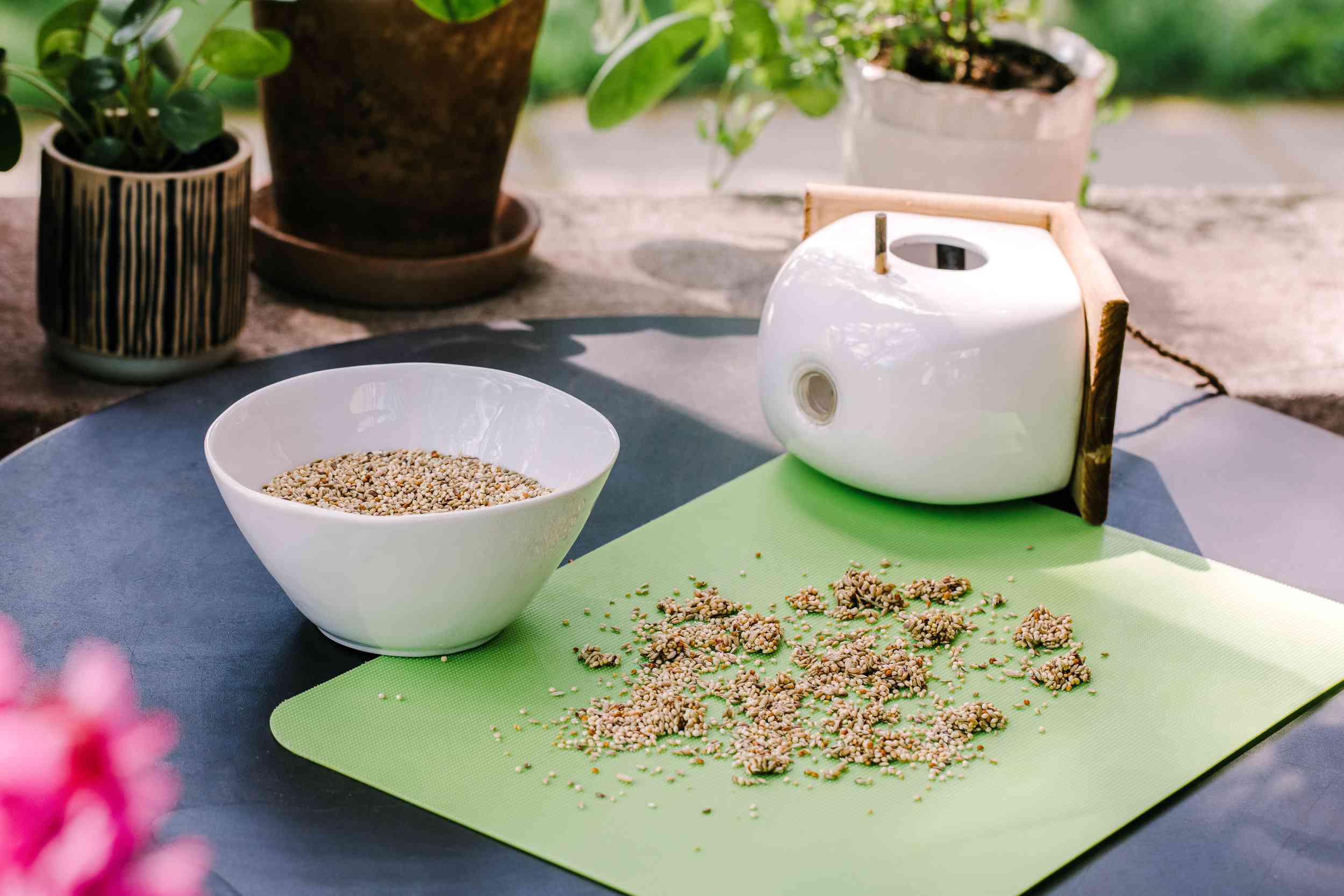
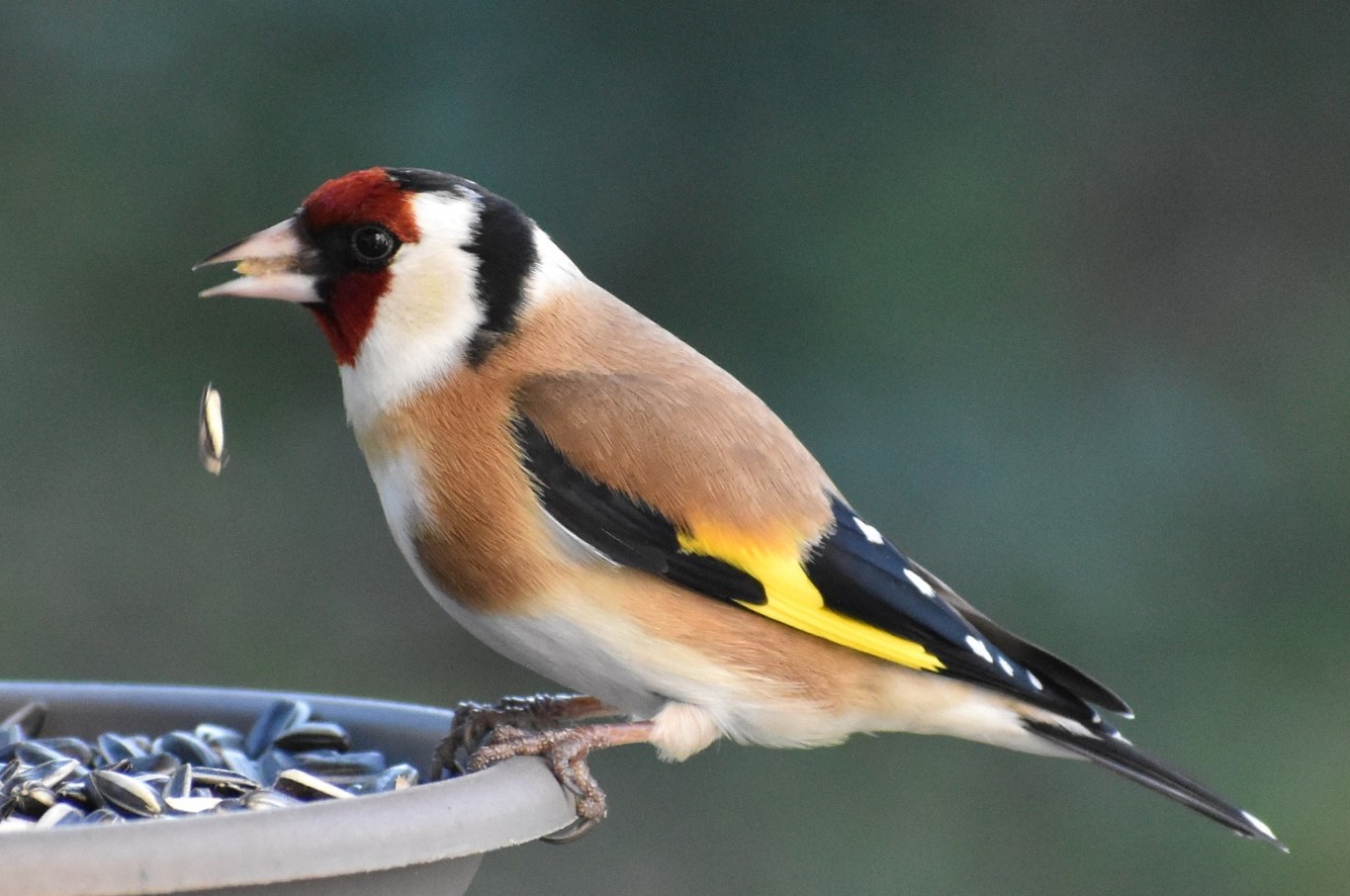
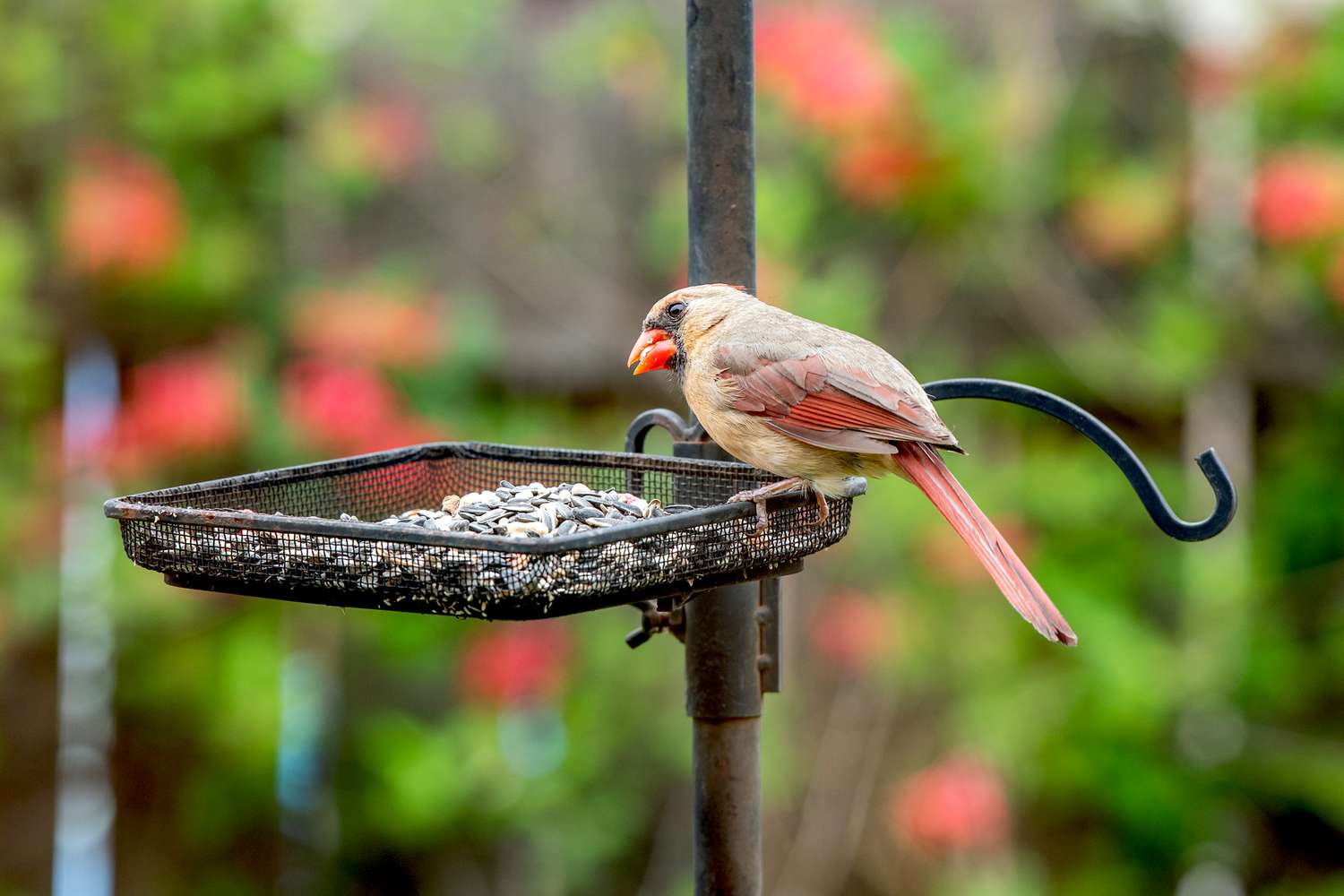
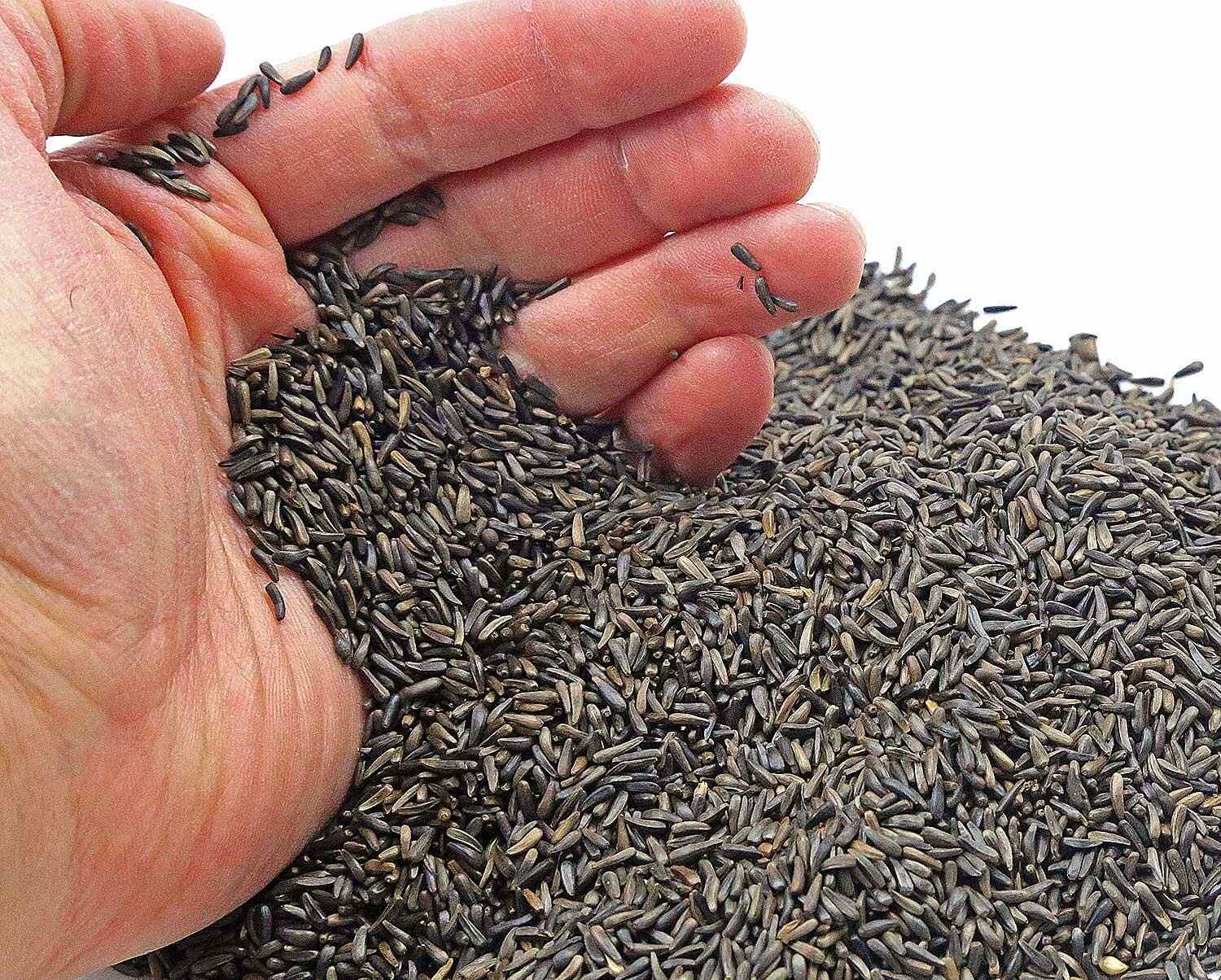
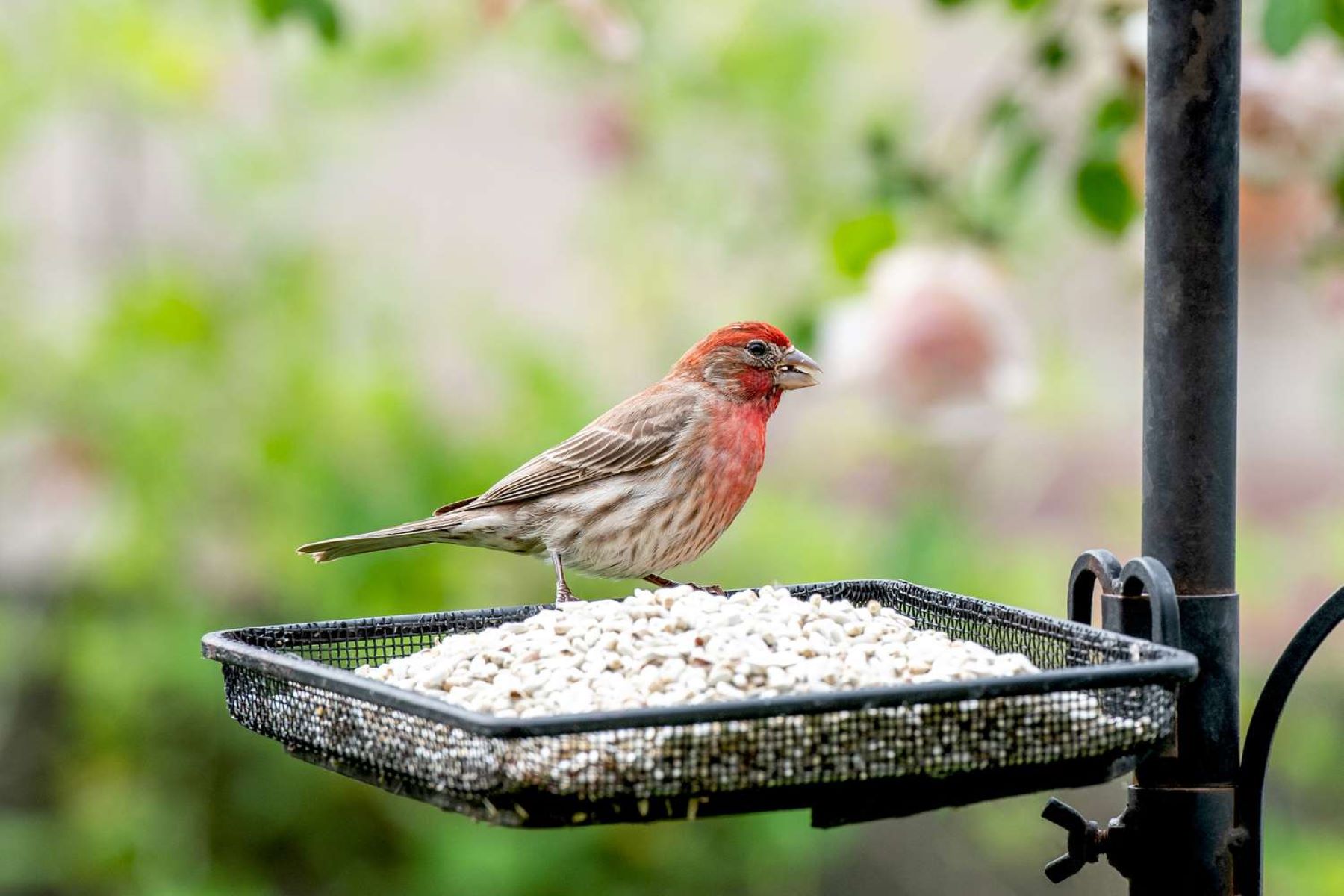
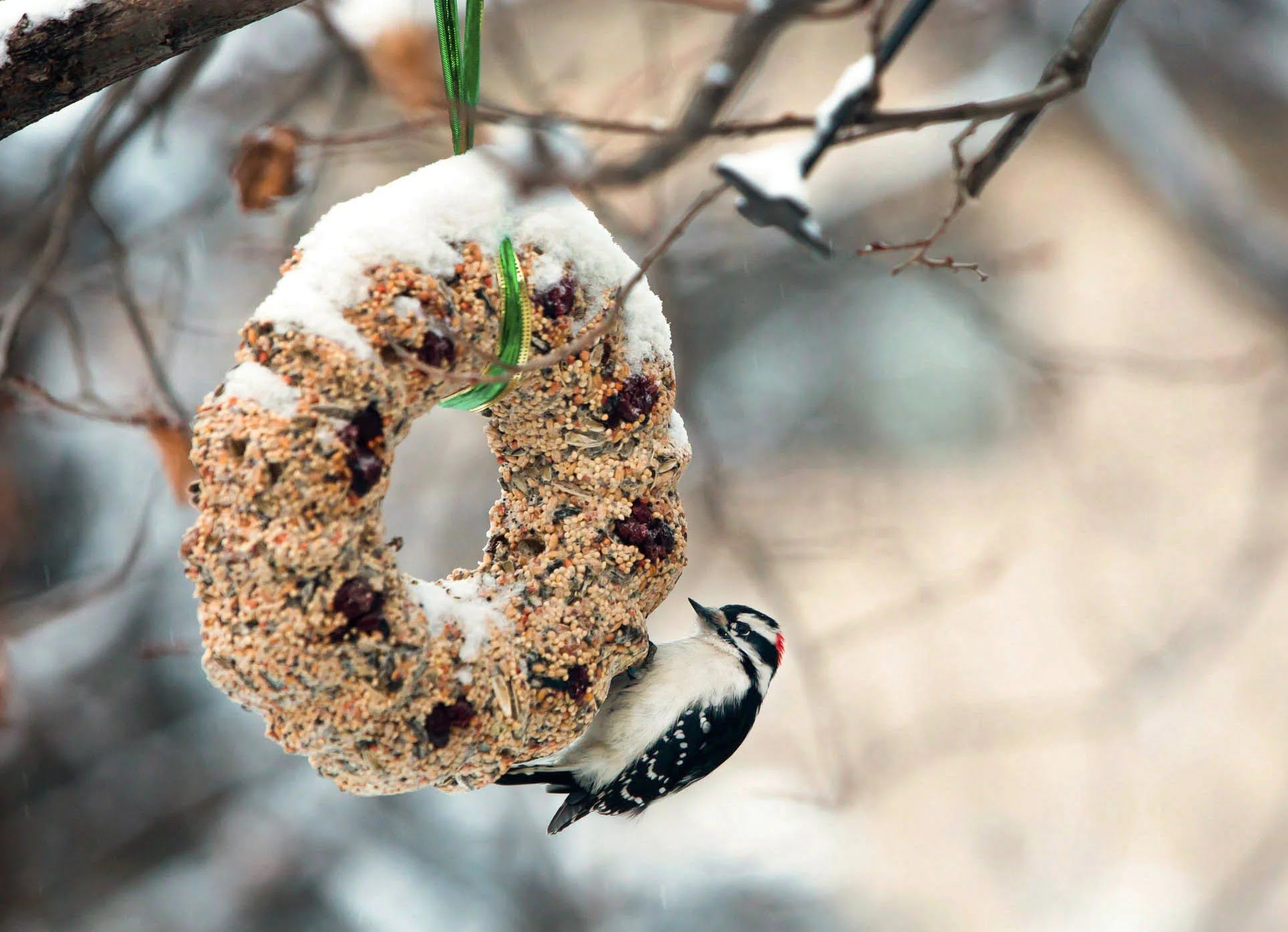
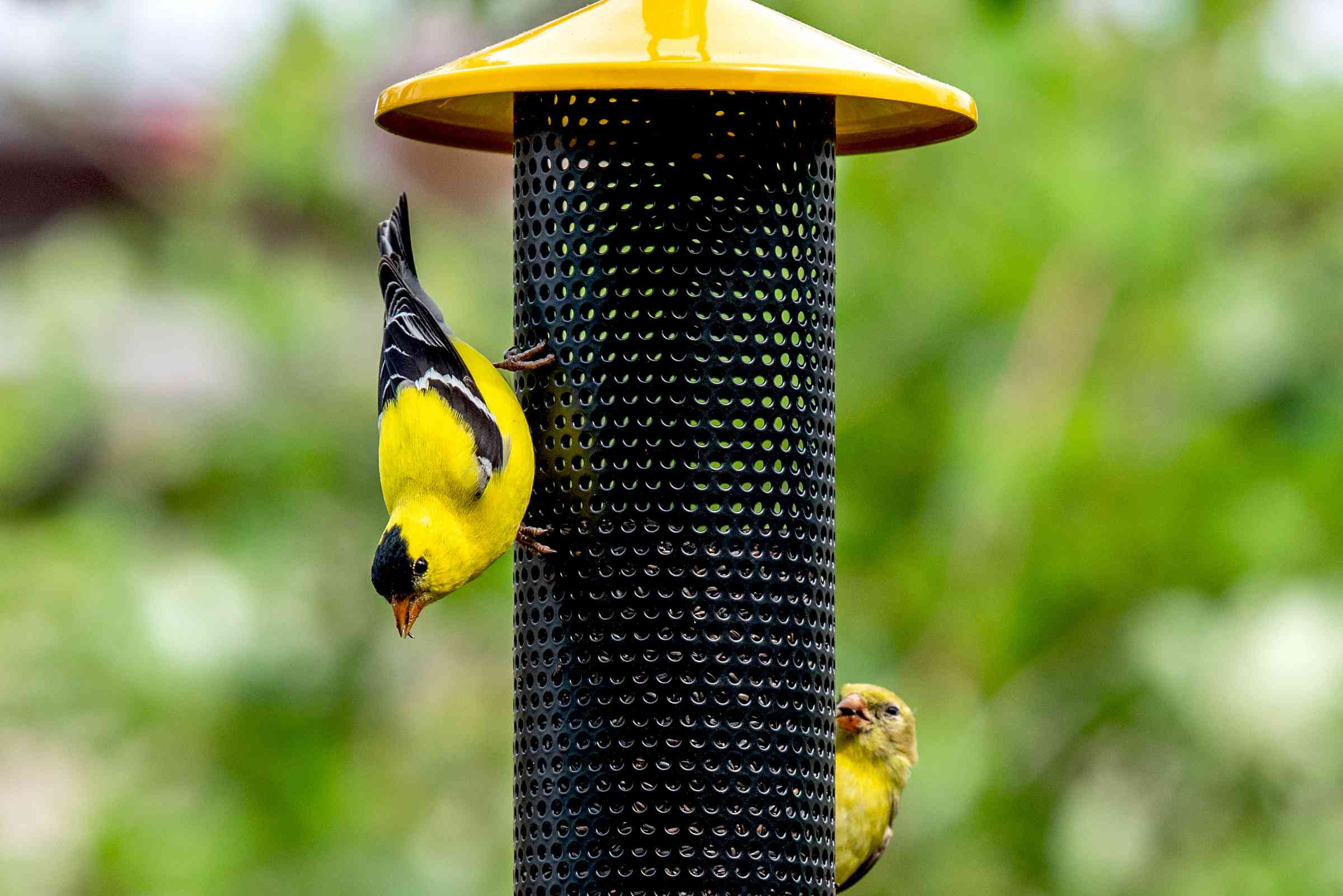
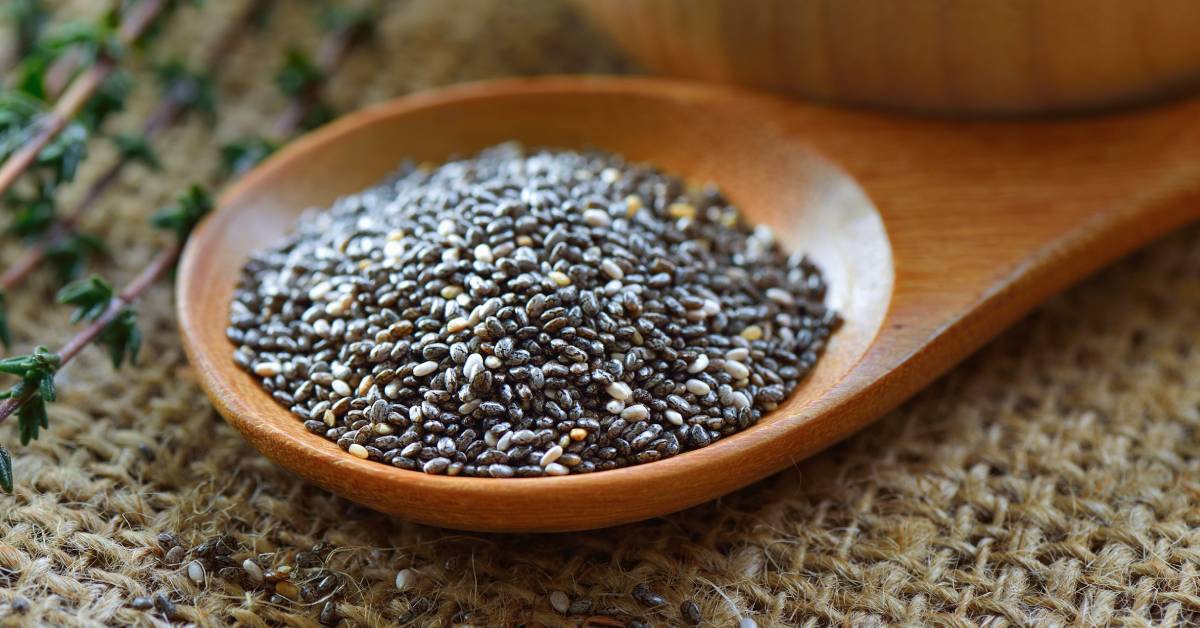
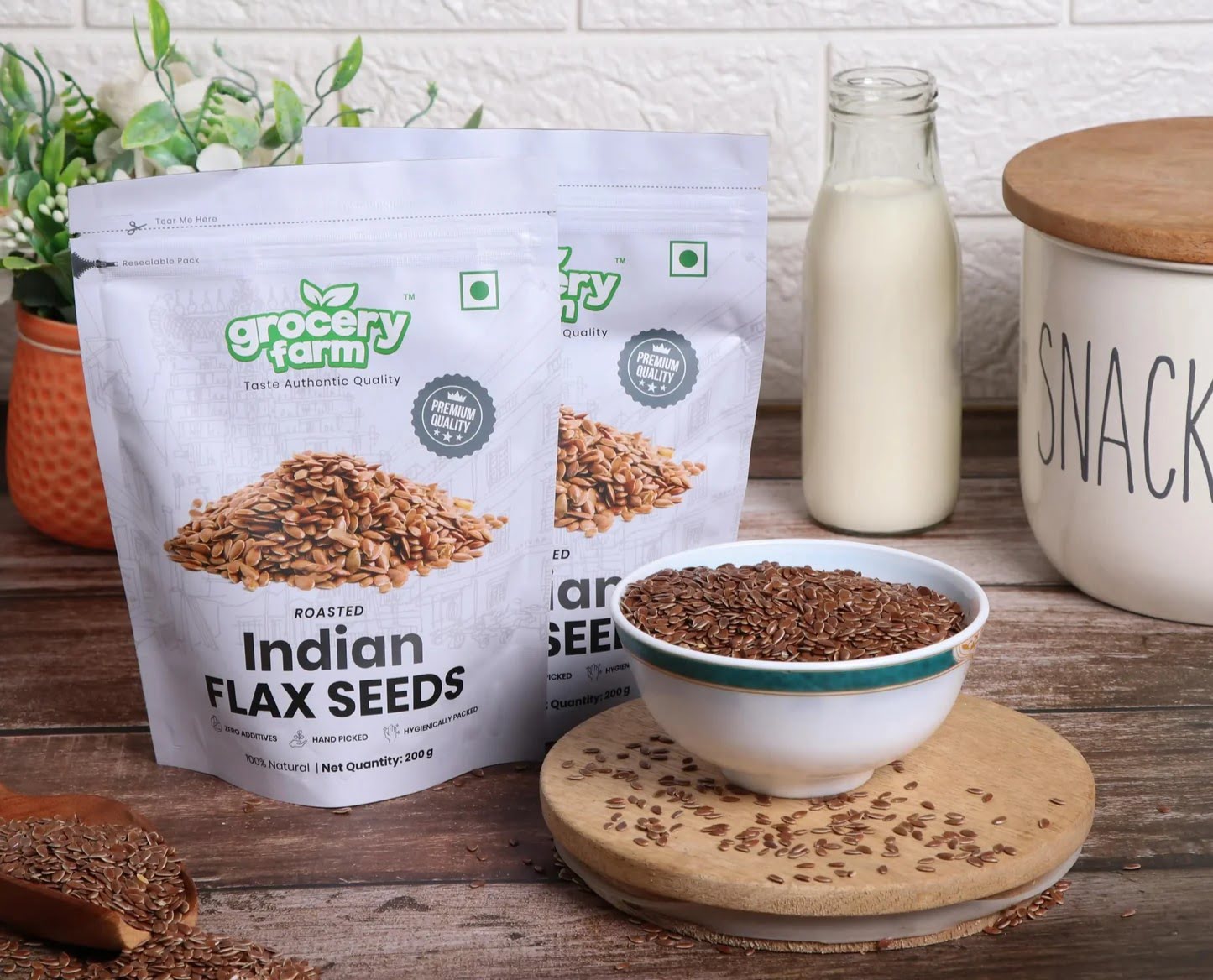
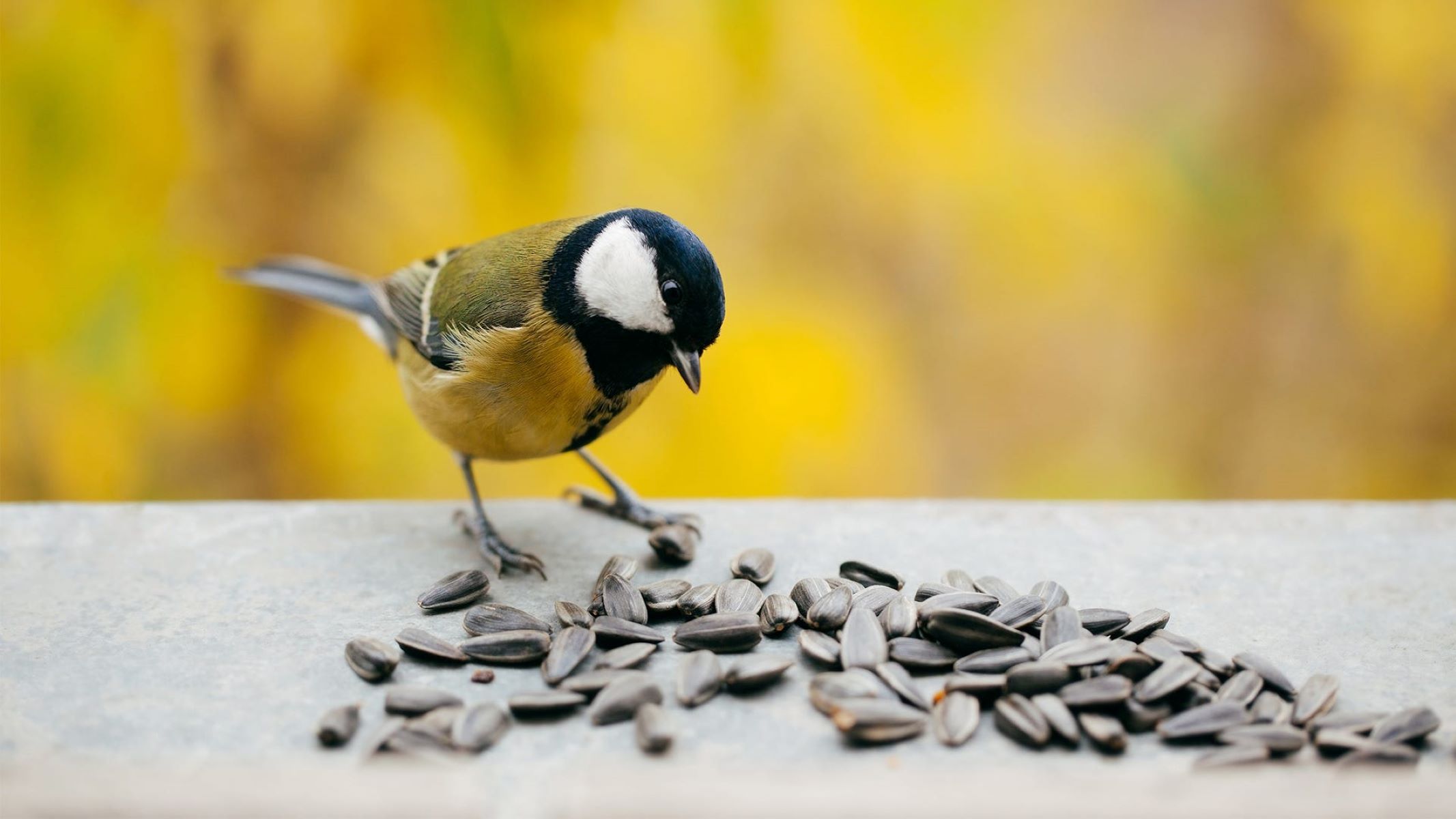
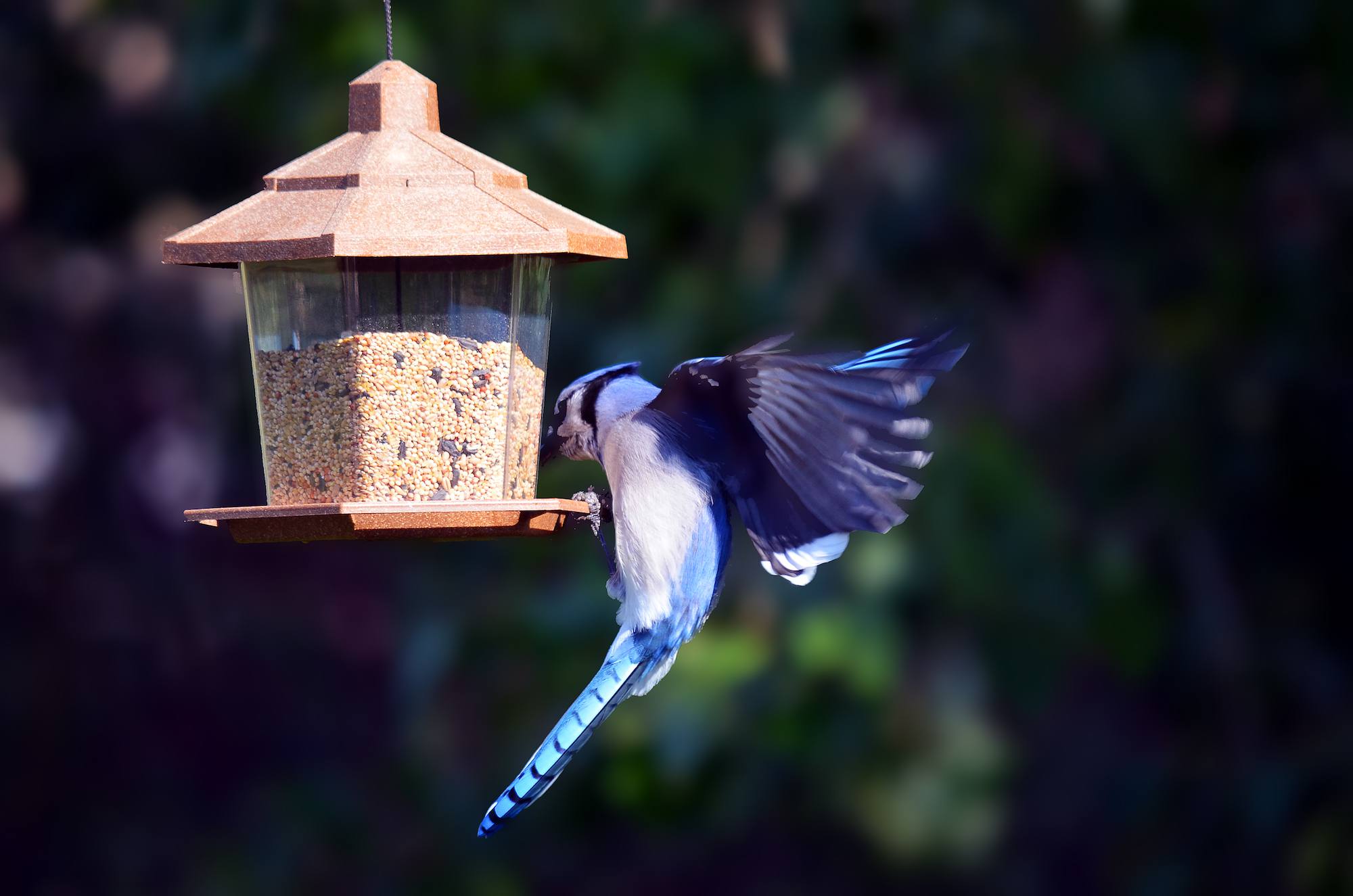
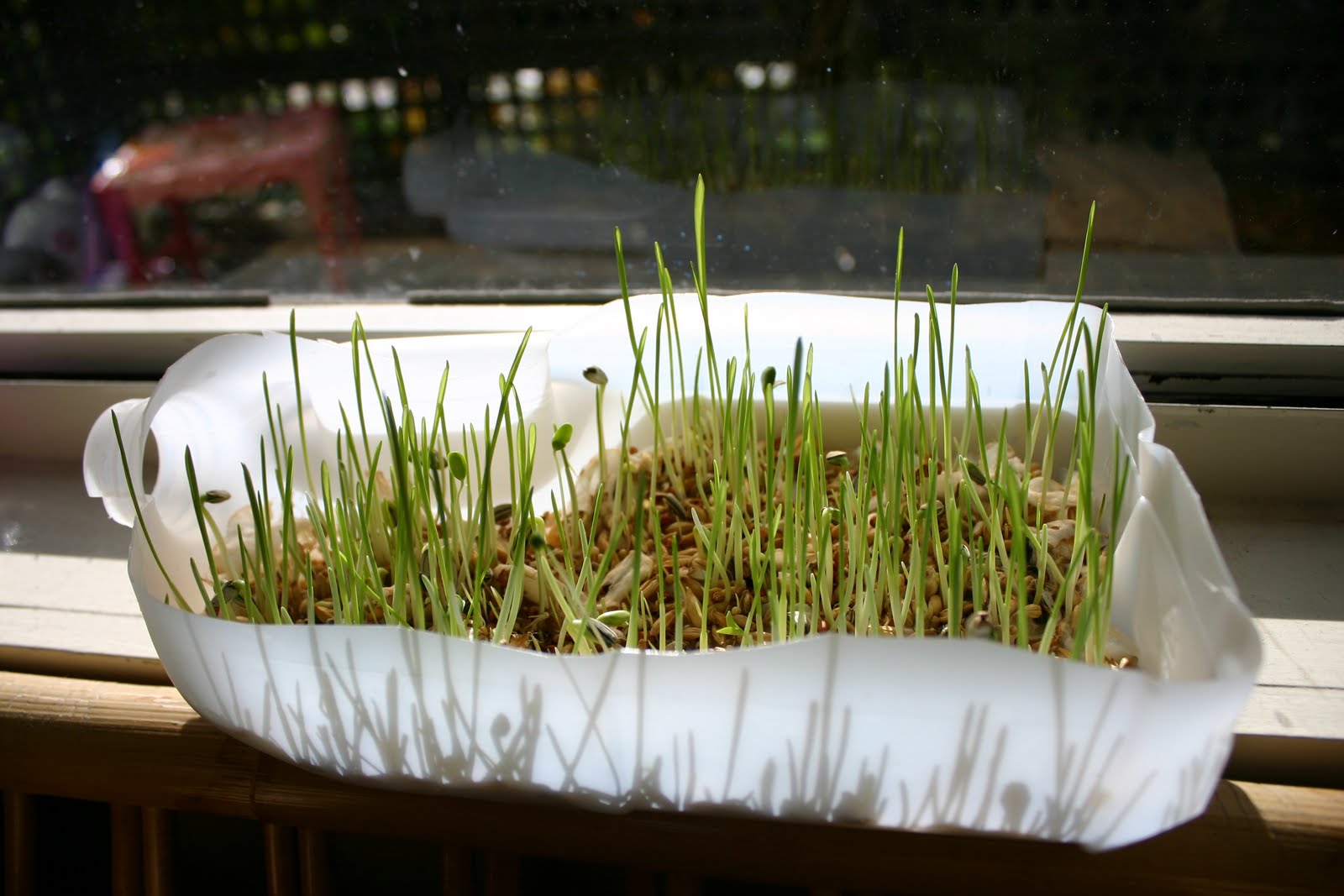

0 thoughts on “Where To Store Bird Seed”